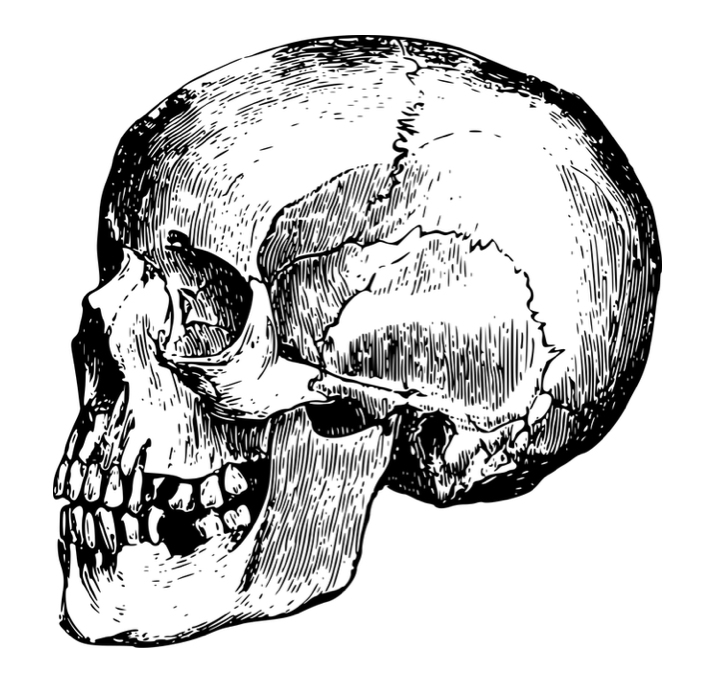Endoscopic third ventricolustomy as treatment option for normal pressure hydrocephalus

Accepted: 7 June 2022
HTML: 10
All claims expressed in this article are solely those of the authors and do not necessarily represent those of their affiliated organizations, or those of the publisher, the editors and the reviewers. Any product that may be evaluated in this article or claim that may be made by its manufacturer is not guaranteed or endorsed by the publisher.
This descriptive cross-sectional study was performed on 24 patients with normal pressure hydrocephalus who underwent endoscopic third ventriculostomy. The patients were selected by the available sampling method, and the data was collected through a researcher-made checklist. Data were analyzed using SPSS-26 software. Among 24 patients, 62.5% were male and the mean age was 70.85 ± 9.1 years. The results showed that there was no statistically significant relationship between age (p value = 0.43) and sex (p value = 0.37) with the success and failure rate of the surgical method. There was a significant difference between movement disorders (p value = 0.00) and dementia (p value = 0.00) before and after surgery, while there was no statistically significant difference between urinary disorders before and after surgery. (p value = 0.22). Endoscopic third ventriculostomy is an effective surgical method in the treatment of patients with normal pressure hydrocephalus and it improves the symptoms of movement disorder and dementia.
Rajshekhar V. Management of hydrocephalus in patients with tuberculous meningitis. Neurol India. 2009;57:368-74. DOI: https://doi.org/10.4103/0028-3886.55572
Kang YS, Park EK, Kim JS, Kim DS, Thomale UW, Shim KW. Efficacy of endoscopic third ventriculostomy in old aged patients with normal pressure hydrocephalus. Neurol Neurochir Pol. 2018;52:29-34. DOI: https://doi.org/10.1016/j.pjnns.2017.10.004
Espay AJ, Da Prat GA, Dwivedi AK, Rodriguez-Porcel F, Vaughan JE, Rosso M, et al. Deconstructing normal pressure hydrocephalus: Ventriculomegaly as early sign of neurodegeneration. Ann Neurol. 2017;82:503-13. DOI: https://doi.org/10.1002/ana.25046
Mongin M, Hommet C, Mondon K. Normal pressure hydrocephalus: A review and practical aspects. Rev Med Interne. 2015;36:825-33. DOI: https://doi.org/10.1016/j.revmed.2015.08.001
Mori E, Ishikawa M, Kato T, Kazui H, Miyake H, Miyajima M, Nakajima M, Hashimoto M, Kuriyama N, Tokuda T, Ishii K, Kaijima M, Hirata Y, Saito M, Arai H; Japanese Society of Normal Pressure Hydrocephalus. Guidelines for management of idiopathic normal pressure hydrocephalus: second edition. Neurol Med Chir (Tokyo). 2012;52(11):775-809. DOI: https://doi.org/10.2176/nmc.52.775
Ivkovic M, Reiss-Zimmermann M, Katzen H, Preuss M, Kovanlikaya I, Heier L, Alperin N, Hoffmann KT, Relkin N. MRI assessment of the effects of acetazolamide and external lumbar drainage in idiopathic normal pressure hydrocephalus. Fluids Barriers CNS. 2015 Apr 2;12:9. DOI: https://doi.org/10.1186/s12987-015-0004-z
Jaraj D, Rabiei K, Marlow T, Jensen C, Skoog I, Wikkelsø C. Prevalence of idiopathic normal-pressure hydrocephalus. Neurology. 2014;82:1449-54. DOI: https://doi.org/10.1212/WNL.0000000000000342
Hailong F, Guangfu H, Haibin T, Hong P, Yong C, Weidong L, Dongdong Z. Endoscopic third ventriculostomy in the management of communicating hydrocephalus: a preliminary study. J Neurosurg. 2008 Nov;109(5):923-30. DOI: https://doi.org/10.3171/JNS/2008/109/11/0923
Baldauf J, Fritsch MJ, Oertel J, Gaab MR, Schröder H. Value of endoscopic third ventriculostomy instead of shunt revision. Minim Invasive Neurosurg. 2010;53:159-63. DOI: https://doi.org/10.1055/s-0030-1268415
Mersha HB. Endoscopic third ventriculostomy versus ventriculoperitoneal shunt placement in children with obstructive hydrocephalus. East and Central African Journal of Surgery. 2017;22:11-20. DOI: https://doi.org/10.4314/ecajs.v22i3.2
Torsnes L, Blåfjelldal V, Poulsen FR. Treatment and clinical outcome in patients with idiopathic normal pressure hydrocephalus--a systematic review. Dan Med J. 2014 Oct;61(10):A4911
Jesmani MA, Ranjbar Hameghavandi MH, Khoshnevisan A. Comparison of failure between post-shunted ETV and primary ETV in hydrocephalus: a review article. Razi Journal of Medical Sciences. 2019;26:37-45.
Larsson A, Stephensen H, Wikkelsö C. Normal pressure hydrocephalus. A condition of dementia, improved by shunt surgery. Lakartidningen. 1995;92:545-50.
Neils DM, Wang H, Lin J. Endoscopic third ventriculostomy for shunt malfunction: What to do with the shunt? Surg Neurol Int. 2013;4:3. DOI: https://doi.org/10.4103/2152-7806.106116
Lam S, Harris D, Rocque BG, Ham SA. Pediatric endoscopic third ventriculostomy: a population-based study. J Neurosurg Pediatr. 2014;14:455-64. DOI: https://doi.org/10.3171/2014.8.PEDS13680
Drake JM. Endoscopic third ventriculostomy in pediatric patients: the Canadian experience. Neurosurgery. 2007;60:881-6; discussion -6. DOI: https://doi.org/10.1227/01.NEU.0000255420.78431.E7
Copyright (c) 2022 The Authors

This work is licensed under a Creative Commons Attribution-NonCommercial 4.0 International License.
PAGEPress has chosen to apply the Creative Commons Attribution NonCommercial 4.0 International License (CC BY-NC 4.0) to all manuscripts to be published.


 https://doi.org/10.4081/ejtm.2022.10618
https://doi.org/10.4081/ejtm.2022.10618



